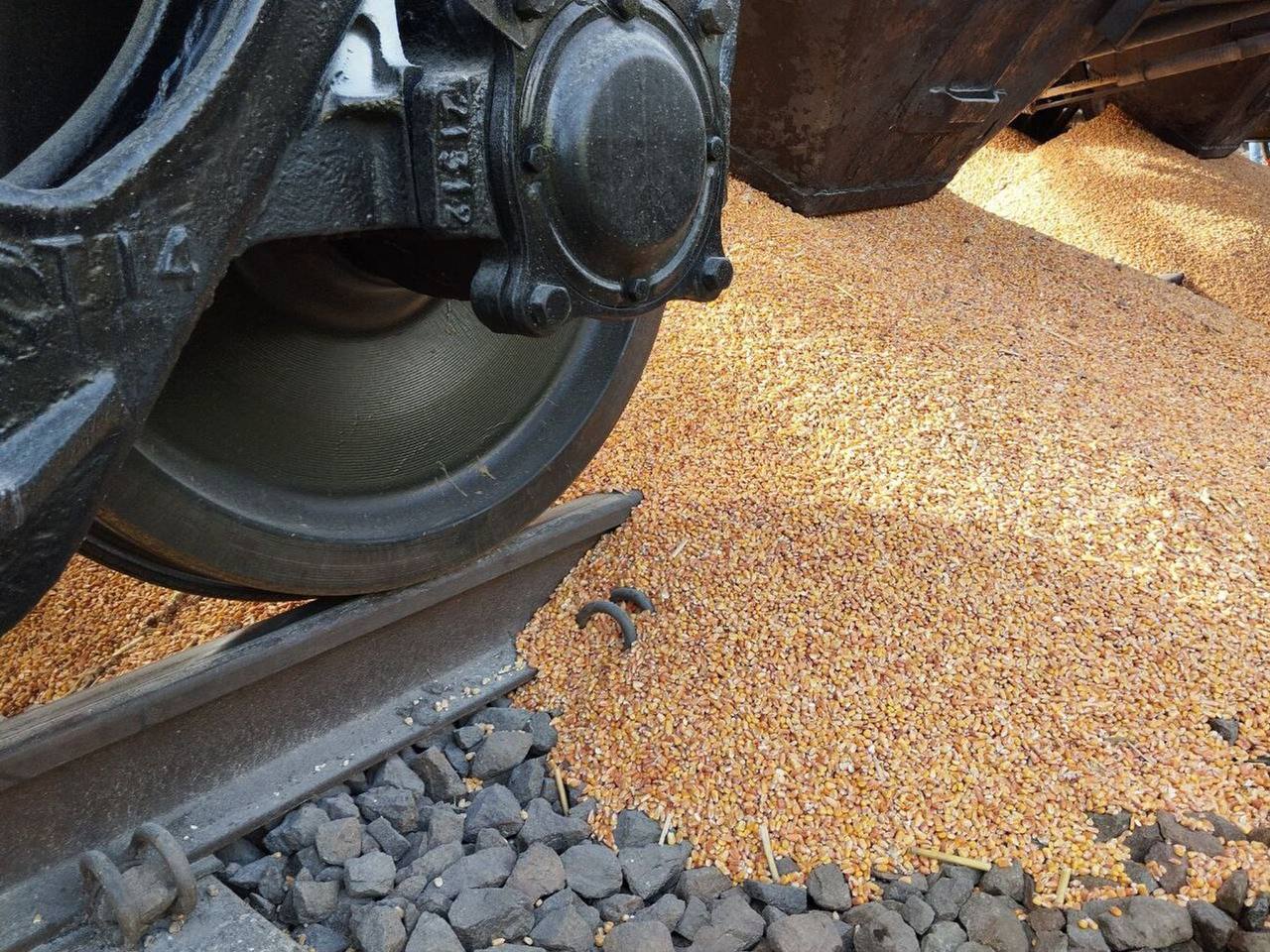Deputy minister: No free movement of trucks along entire Ukrainian-Polish border.
Kyiv and Warsaw are negotiating a solution to the ongoing border blockade by Polish farmers, as there is no free movement of trucks at any crossing, Ukraine's Deputy Agriculture Minister Taras Vysotskyi said on air on Feb.
21. Polish farmers launched a new wave of protests on the border in early February in response to Ukrainian agricultural imports to the EU and in opposition to the Green Deal. The situation escalated on Feb.
20, when protesters restricted the traffic even further and, in one incident, dumped Ukrainian grain on railway tracks. "Yesterday (on Feb.
20), all checkpoints on the Ukrainian-Polish border were blocked. At some checkpoints, protests were announced for one day," Vysotskyi said.
"But in general, there is very limited movement, and it is currently impossible to deliver basic agricultural products across the Ukrainian-Polish border. Unfortunately, free movement has not been restored at any checkpoint." Six crossings remain blocked by Polish farmers: Yahodyn-Dorohusk, Uhryniv-Dolhobychuv, Zosin-Ustyluh, Rava-Ruska-Hrebenne, Medyka-Shehyni, and Korczowa-Krakovets.
According to Vysotskyi, the most critical situation remains at the Yahodyn-Dorohusk and the Korczowa-Krakovets crossings. At Dorohusk, the protesters have blocked all kinds of cargo completely, including humanitarian and perishable goods, Ukrinform reported. The two key demands by Polish farmers include higher subsidies and the postponement of the Green Deal, which aims to halve pesticide use, lower fertilizer use, and drastically reduce greenhouse gas emissions by 2030.
Polish farmers dump grain from train at Ukraine border crossing
Polish farmers have briefly blocked a railway track at the Medyka-Shehyni border crossing with Ukraine, dumping grain from standing freight cars, Radio Free Europe/Radio Liberty reported on Feb.
20.

Polish Agriculture Deputy Minister Michal Kolodziejczak said that the Polish and Ukrainian agriculture ministers would hold talks on Feb.
21 to discuss exports to Poland and see if an agreement can be reached. "The ball is in Ukraine's court," Kolodziejczak said, noting that if the talks fail, Warsaw may introduce further restrictions on Ukrainian goods. Warsaw has previously banned imports of grain and several other Ukrainian agricultural products.
Vysotskyi noted that Ukraine has ceased exporting certain critical products to Poland and will maintain the measure until the end of 2024.
For the following harvests, Kyiv wants to introduce a licensing system that would effectively limit exports to Poland and prevent disruptions to the Polish market.
Polish Agriculture Minister Czeslaw Siekierski voiced hope that an agreement between the two countries could be reached in March.